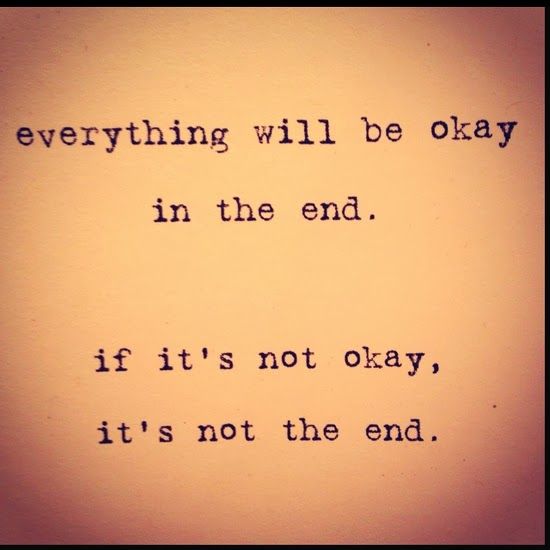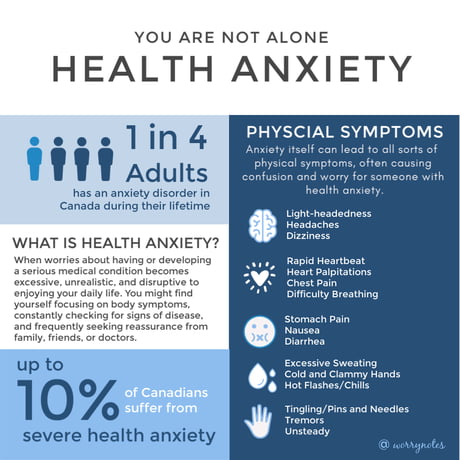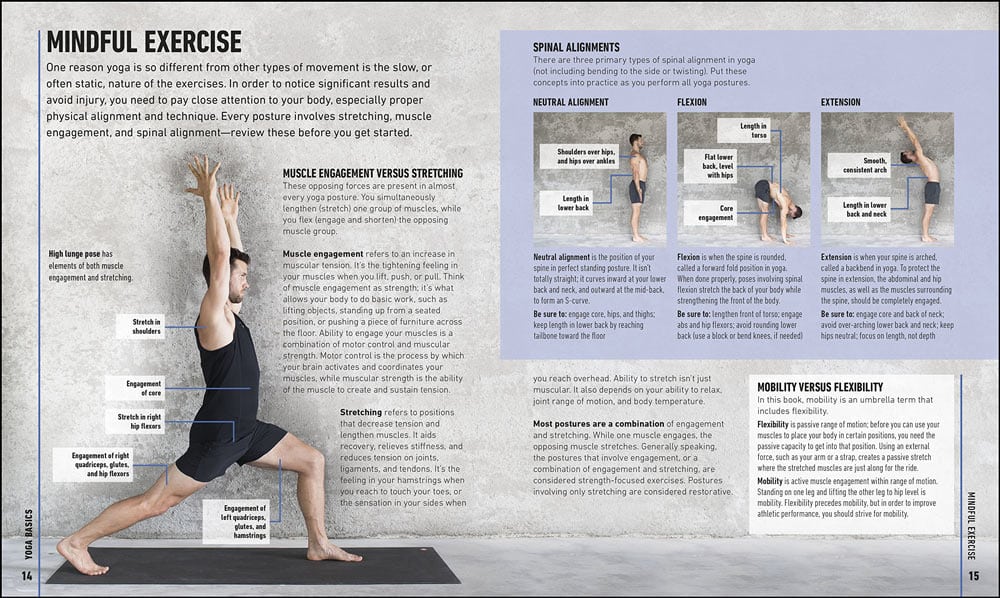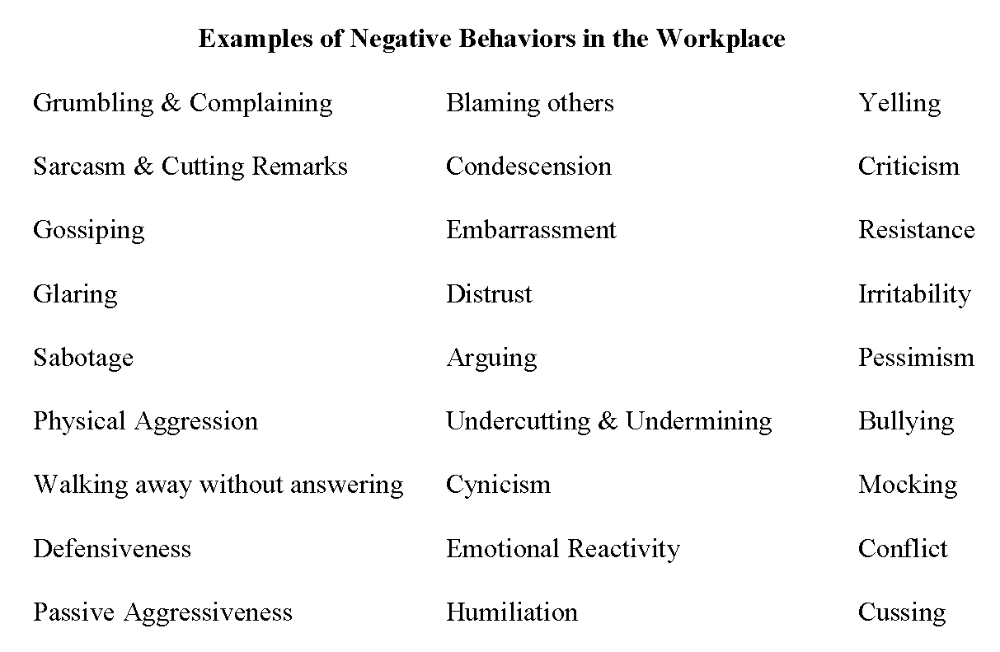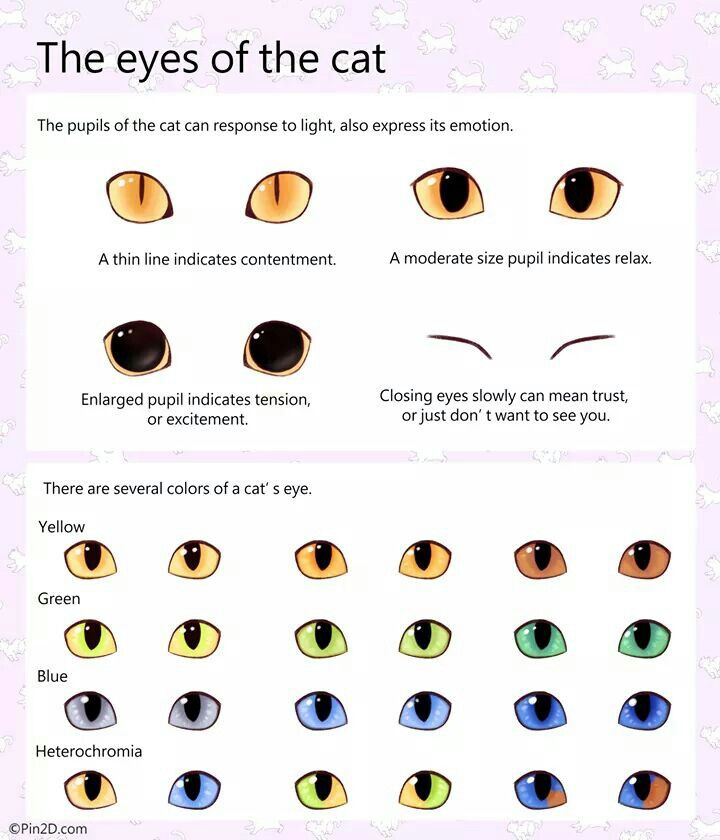Only constant thing in life is change
The Only Constant Is Change: What to Make of This
‘The only constant is change’ is a statement that portrays how life and everything in it is subject to transformation. Learning how to adapt is key to your overall well-being.
Change is all around us. Some change is fixed, like the shift of one season to another, while other change is evolutionary and progressive, tossing new circumstances our way as time goes on.
It’s natural to dislike change — it often requires you to come out from a zone of comfort and security.
But adaptability, the process of reinventing your behaviors, thoughts, and emotions, can be a key protective feature in mental health.
Ancient Greek philosopher Heraclitus observed that the natural world was in a constant state of movement. People age, develop habits and move environments.
You can’t step into the same river twice — even rocks were subject to changes by the elements over time.
He called this universal law of change “Logos,” and tied it to three central beliefs known as his flux doctrine:
- Everything undergoes constant change.
- There’s unification of opposites (the opposite of something can only exist because of change in the original).
- Everything exists and doesn’t exist at the same time (matter can change forms so that the object no longer exists, but the original substance does).
The irony in all of this, as his statement implies, is that the only thing that will never change is the presence of change itself.
You don’t have to love change to be able to embrace it, and small adjustments can make change less painful in the long term.
1. Finding your people
Kate Schroeder, a licensed professional counselor from St. Louis, Missouri, suggests finding and surrounding yourself with people who can support you through change.
“The number one way to improve adaptability is to find a supportive network that you can both learn from and lean on throughout your life and the transitions that are certain to unfold,” she says.
2. Becoming self-aware
Have you ever asked yourself why change feels uncomfortable? Getting in tune with why you may resist change can be helpful, says Dr. Jenn Hardy, a licensed psychologist from Maryville, Tennessee.
Jenn Hardy, a licensed psychologist from Maryville, Tennessee.
“When we recognize that it comes from our temperament or difficult experiences earlier in our life, then we can approach ourselves with more compassion.”
3. Acknowledging stress as a sign of change
Hardy adds that stress can make you feel as though change is impossible, but it’s often a sign it might be time.
“Maybe you don’t even need to talk to someone [about your stress],” Hardy says. “You may already know the parts of your life that are in need of an adjustment. Let this be your sign to start dealing with them.”
4. Writing out the positives
“Consider the ways that change may be beneficial for you or those around you,” advises Halle M. Thomas, a licensed marriage and family therapist associate from Portland, Oregon. “It can be helpful to actually write this out as a list so that you can see it on paper.”
Adaptability can be an important predictor of resilience in life.
2022 research shows that during the COVID-19 pandemic, some people were unable to adapt to lockdown. This was linked to higher levels of depression, anxiety, and insomnia.
This was linked to higher levels of depression, anxiety, and insomnia.
Being unable to accept change can have serious implications for a person’s relationship to themselves and those around them, as well, Thomas says.
“For those who are unable to accept change, they can find themselves feeling stuck in their life or in
their relationships,” Thomas says. “At its worst, this feeling of being stuck can increase anxiety, depression, and substance use.”
Learn tips on how to adapt to change.
Adaptability is how you modify your feelings and behaviors in the face of uncertainty.
While it may not be comfortable to shift out of the known and into the unknown, change isn’t going away just because you’re resistant to it.
As Heraclitus once said, the only constant in life is change.
If you experience difficulty adapting to change, remember that you’re not alone. If you find change overwhelming, you may want to talk with a mental health professional. You can check out Psych Central’s guide to finding mental health support.
Heraclitus - Wikiquote
The majority of people have no understanding of the things with which they daily meet, nor, when instructed, do they have any right knowledge of them, although to themselves they seem to have.Dogs, also, bark at what they do not know.Heraclitus of Ephesus (Ἡράκλειτος, Herakleitos; c. 535 BC – 475 BC) was a Greek philosopher, known for his doctrine of change being central to the universe, and for establishing the term Logos (λόγος) in Western philosophy as meaning both the source and fundamental order of the Cosmos.
Contents
- 1 Quotes
- 1.1 Numbered fragments
- 2 Disputed
- 3 Misattributed
- 4 Quotes about Heraclitus
- 5 See also
- 6 External links
- τὰ ὄντα ἰέναι τε πάντα καὶ μένειν οὐδέν
- All entities move and nothing remains still.
- As quoted by Plato in Cratylus, 401d
- πάντα χωρεῖ καὶ οὐδὲν μένει
- Everything changes and nothing stands still.

- As quoted by Plato in Cratylus, 402a
- Variants and variant translations:
Everything flows and nothing stays.
Everything flows and nothing abides.
Everything gives way and nothing stays fixed.
Everything flows; nothing remains.
All is flux, nothing is stationary.
All is flux, nothing stays still.
All flows, nothing stays. - Πάντα ῥεῖ
- Everything flows.
- This statement occurs in Simplicius' Commentary on Aristotle's Physics, 1313.11; while some sources attribute to Simplicius the coining of the specific phrase "πάντα ῥεῖ (panta rhei)", meaning "everything flows/is in a state of flux", to characterize the concept in the philosophy of Heraclitus, the essential phrasing "everything changes" and variations on it, in contexts where Heraclitus's thought is being alluded to, was current in both Plato and Aristotle's writings.
- Everything flows.
- Everything changes and nothing stands still.
- δὶς ἐς τὸν αὐτὸν ποταμὸν οὐκ ἂν ἐμβαίης.
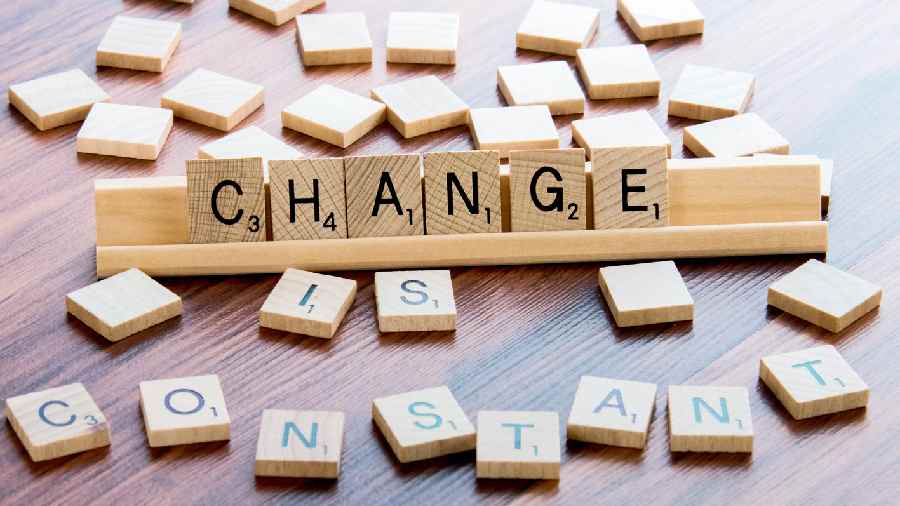
- You could not step twice into the same river.
- As quoted in Plato, Cratylus, 402a
- τὴν μεταβολὴν ὁδὸν ἄνω κάτω, τόν τε κόσμον γίνεσθαι κατ' αὐτήν.
- Change he called a pathway up and down, and this determines the birth of the world.
- From Lives and Opinions of Eminent Philosophers by Diogenes Laërtius, Book IX, section 8
- αἰὼν παῖς ἐστι παίζων, πεττεύων· παιδὸς ἡ βασιληίη.
- Eternity is a child playing, playing checkers; the kingdom belongs to a child.
- Quoted by Hippolytus, Refutation of all heresies, IX, 9, 4 (Fragment 52), as translated in Reality (1994), by Carl Avren Levenson and Jonathan Westphal, p. 10
- Variants:
- History is a child building a sand-castle by the sea, and that child is the whole majesty of man’s power in the world.
- As quoted in Contemporary Literature in Translation (1976), p. 21
- A lifetime is a child playing, playing checkers; the kingdom belongs to a child.

- As quoted in The Beginning of All Wisdom: Timeless Advice from the Ancient Greeks (2003) by Steven Stavropoulos, p. 95
- Time is a game played beautifully by children.
- As quoted in Fragments (2001) translated by Brooks Haxton
- Lifetime is a child at play, moving pieces in a game. Kingship belongs to the child.
- As quoted in The Art and Thought of Heraclitus (1979) translated by Charles H. Kahn
- χαλεπώτερον ἡδονῇ μάχεσθαι ἢ θυμῷ
- It is harder to fight against pleasure than against anger.
- As quoted by Aristotle in Nicomachean Ethics, Book II (1105a)
- χρὴ γὰρ εὖ μάλα πολλῶν ἴστορας φιλοσόφους ἄνδρας εἶναι
- Men that love wisdom must be acquainted with very many things indeed.
- As quoted Clement of Alexandria, Stromata, V, 140, 6 (Fragment 35)
- Πόλεμος πάντων μὲν πατήρ ἐστι πάντων δὲ βασιλεύς, καὶ τοὺς μὲν θεοὺς ἔδειξε τοὺς δὲ ἀνθρώπους, τοὺς μὲν δούλους ἐποίησε τοὺς δὲ ἐλευθέρους.

- War is the father and king of all: some he has made gods, and some men; some slaves and some free.
- War is the father and king of all, and has produced some as gods and some as men, and has made some slaves and some free. (G. T. W. Patrick, 1889)
- Hippolytus, Ref. haer. ix. 9 (Fragment 53). Context: "And that the father of all created things is created and uncreated, the made and the maker, we hear him (Heraclitus) saying, 'War is the father and king of all,' etc."
- Plutarch, de Iside 48, p. 370. Context, see frag. 43.
- Proclus in Tim. 54 A (comp. 24 B).
- Compare Chrysippus from Philodem. P. eusebeias, vii. p. 81, Gomperz.
- Lucianus, Quomodo hist. conscrib. 2; Idem, Icaromen 8.
- See also: πόλεμος πάντων μὲν πατήρ ἐστι, πάντων δὲ βασιλεύς
- Martin Heidegger, Parmenides (1942–1943)
- Τίς γὰρ αὐτῶν νόος ἢ φρήν; [δήμων] ἀοιδοῖσι ἕπονται καὶ διδασκάλῳ χρέωνται ὁμίλῳ, οὐκ εἰδότες ὅτι πολλοὶ κακοὶ ὀλίγοι δὲ ἀγαθοί.
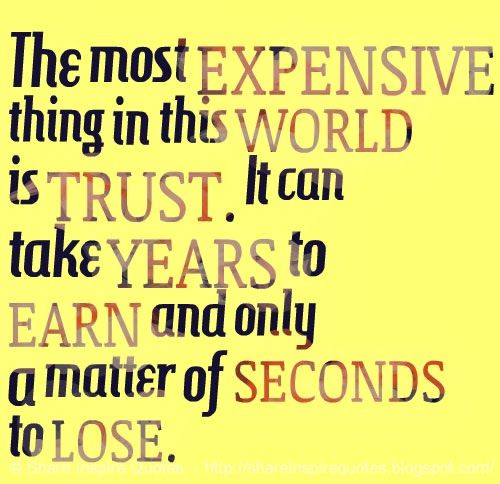 αἱρεῦνται γὰρ ἓν ἀντία πάντων οἱ ἄριστοι, κλέος ἀέναον θνητῶν, οἱ δὲ πολλοὶ κεκόρηνται ὅκωσπερ κτήνεα.
αἱρεῦνται γὰρ ἓν ἀντία πάντων οἱ ἄριστοι, κλέος ἀέναον θνητῶν, οἱ δὲ πολλοὶ κεκόρηνται ὅκωσπερ κτήνεα. - The best people renounce all for one goal, the eternal fame of mortals; but most people stuff themselves like cattle.
- For what sense or understanding have they? They follow minstrels and take the multitude for a teacher, not knowing that many are bad and few good. For the best men choose one thing above all – immortal glory among mortals; but the masses stuff themselves like cattle. (G.T.W. Patrick, 1889)
- "The passage is restored as above by Bernays (Heraclitea i. p. 34), and Bywater (p. 43), from the following sources:
- Clement of Alex. Strom. v. 9, p. 682.
- Proclus in Alcib. p. 255 Creuzer, = 525 ed. Cous. ii.
- Clement of Alex. Strom. iv. 7, p. 586."
- "The passage is restored as above by Bernays (Heraclitea i. p. 34), and Bywater (p. 43), from the following sources:
- Ten thousand do not turn the scale against a single man of worth.
- in Eric Hoffer, Between the Devil and the Dragon (New York: 1982), p.
 107
107
- in Eric Hoffer, Between the Devil and the Dragon (New York: 1982), p.
- Greater fates gain greater rewards
- As quoted by The Fragments of the Work of Heraclitus of Ephesus on Nature; Translated from the Greek Text of Bywater, with an Introduction Historical and Critical, by G. T. W. Patrick. Page 108
- Alternative translation: Big results require big ambitions.
- The many are mean; only the few are noble.
- in Eric Hoffer, Between the Devil and the Dragon (New York: 1982), p. 108
Numbered fragments[edit]
- Different sources sometimes number many of these fragments of the expressions of Heraclitus differently.
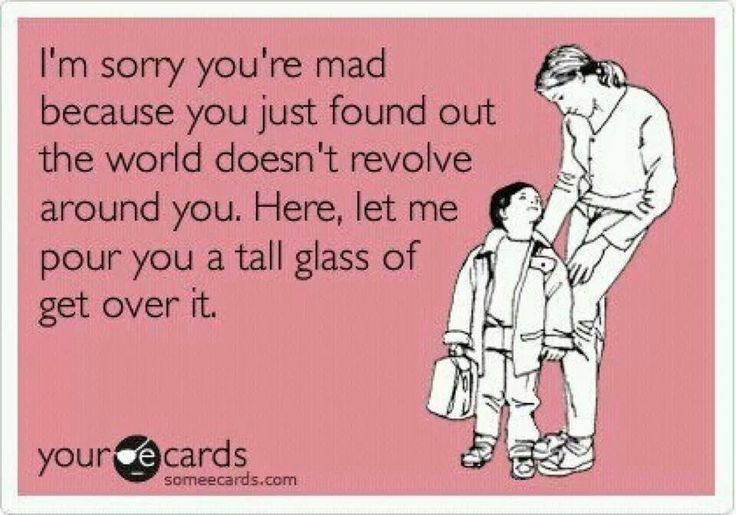 Out of discord comes the fairest harmony.Character is destiny.
Out of discord comes the fairest harmony.Character is destiny.- τοῦ λόγου δ' ἐόντος ξυνοῦ ζώουσιν οἱ πολλοὶ ὡς ἰδίαν ἔχοντες φρόνησιν
- Though wisdom is common, yet the many live as if they had a wisdom of their own.
- Fragment 2, as quoted in Against the Mathematicians by Sextus Empiricus
- Variant translation: So we must follow the common, yet the many live as if they had a wisdom of their own.
- οὐ γὰρ φρονέουσι τοιαῦτα [οἱ] πολλοί, ὁκόσοι ἐγκυρεῦσιν, οὐδὲ μαθόντες γινώσκουσιν, ἑωυτοῖσι δὲ δοκέουσι.
- The majority of people have no understanding of the things with which they daily meet, nor, when instructed, do they have any right knowledge of them, although to themselves they seem to have.
- Source: Clement, Stromates, II, 8, 1
- Fragment 5, as translated by G. W. T. Patrick
- συνάψιες ὅλα καὶ οὐχ ὅλα, συμφερόμενον διαφερόμενον, συνᾷδον διᾷδον, καὶ ἐκ πάντων ἓν καὶ ἐξ ἑνὸς πάντα.
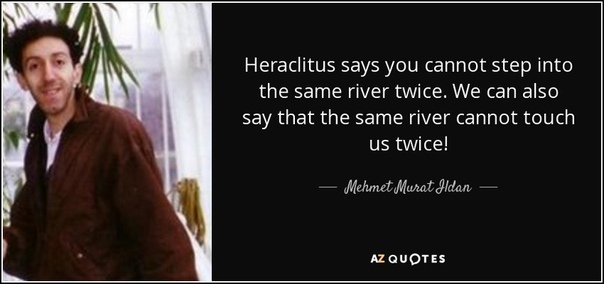
- Couples are wholes and not wholes, what agrees disagrees, the concordant is discordant. From all things one and from one all things.
- Fragment 10
- Variant translation: From out of all the many particulars comes oneness, and out of oneness come all the many particulars.
- ποταμοῖσι τοῖσιν αὐτοῖσιν ἐμϐαίνουσιν, ἕτερα καὶ ἕτερα ὕδατα ἐπιρρεῖ.
- Ever-newer waters flow on those who step into the same rivers.
- Fragment 12
- ἐὰν μὴ ἔλπηται ἀνέλπιστον, οὐκ ἐξευρήσει
- He who does not expect will not find out the unexpected, for it is trackless and unexplored.
- Fragment 18, as quoted in The Art and Thought of Heraclitus: An Edition of the Fragments (1981) edited by Charles H. Kahn, p. 105
- Variants:
- He who does not expect the unexpected will not find it out.
- The Art and Thought of Heraclitus: An Edition of the Fragments (1981) edited by Charles H. Kahn, p.
 129
129
- The Art and Thought of Heraclitus: An Edition of the Fragments (1981) edited by Charles H. Kahn, p.
- He who does not expect the unexpected will not find it, since it is trackless and unexplored.
- As quoted in Helen by Euripides, edited by William Allan (2008), p. 278
- Unless you expect the unexpected, you will not find it, for it is hidden and thickly tangled.
- Rendering ἐὰν μή "unless" is more English-friendly without being inaccurate. As for the last clause, the point is that you can neither find it nor navigate your way through it. The alpha-privatives suggest using similar metaphoric adjectives to keep the Greek 'feel.' (S. N. Jenks, 2014)
- ἄνθρωπος ἐν εὐφρόνῃ φάος ἅπτεται ἑαυτῷ [ἀποθανὼν] ἀποσβεσθεὶς
- Man, like a light in the night, is kindled and put out.
- Fragment 26
- κόσμον τόνδε, τὸν αὐτὸν ἁπάντων, οὔτε τις θεῶν οὐτε ἀνθρώπων ἐποίησεν, ἀλλ' ἦν ἀεὶ καὶ ἔστιν καὶ ἔσται πῦρ ἀείζωον, ἁπτόμενον μέτρα καὶ ἀποσβεννύμενον μέτρα
- This universe, which is the same for all, has not been made by any god or man, but it always has been, is, and will be an ever-living fire, kindling itself by regular measures and going out by regular measures.

- Fragment 30
- Variant translations:
The world, an entity out of everything, was created by neither gods nor men, but was, is and will be eternally living fire, regularly becoming ignited and regularly becoming extinguished.
This world . . . ever was, and is, and shall be, ever-living Fire, in measures being kindled and in measure going out. - That which always was,
and is, and will be everlasting fire,
the same for all, the cosmos,
made neither by god nor man,
replenishes in measure
as it burns away.- Translated by Brooks Haxton
- This universe, which is the same for all, has not been made by any god or man, but it always has been, is, and will be an ever-living fire, kindling itself by regular measures and going out by regular measures.
- ἓν τὸ σοφὸν μοῦνον λέγεσθαι οὐκ ἐθέλει καὶ ἐθέλει Ζηνὸς ὄνομα
- The wise is one only. It is unwilling and willing to be called by the name of Zeus.
- Fragment 32
- πολυμαθίη νόον οὐ διδάσκει
- Much learning does not teach understanding.
- Fragment 40
- μάχεσθαι χρὴ τὸν δῆμον ὑπὲρ τοῦ νόμου ὅκωσπερ τείχεος
- The people must fight for its law as for its walls.

- Fragment 44
- The people must fight for its law as for its walls.
- B49a. potamois tois autois …
- Into the same rivers we step and do not step, we are and are not. (Heraclitus Homericus)
- Fragment 49a.
- Translated by Daniel W. Graham, "Heraclitus", The Stanford Encyclopedia of Philosophy (Summer 2021 Edition), <https://plato.stanford.edu/archives/sum2021/entries/heraclitus/>.
- οὐκ ἐμοῦ, ἀλλὰ τοῦ λόγου ἀκούσαντας ὁμολογεῖν σοφόν ἐστιν ἓν πάντα εἶναί
- It is wise to listen, not to me but to the Word, and to confess that all things are one.
- Fragment 50, as translated in the Loeb Classics edition
- Variant translations:
Listening not to me but to reason, it is wise to agree that all is one.
Listening not to me but to the Word it is wise to agree that all things are one.
He who hears not me but the logos will say: All is one.
It is wise to hearken, not to me, but to my Word, and to confess that all things are one.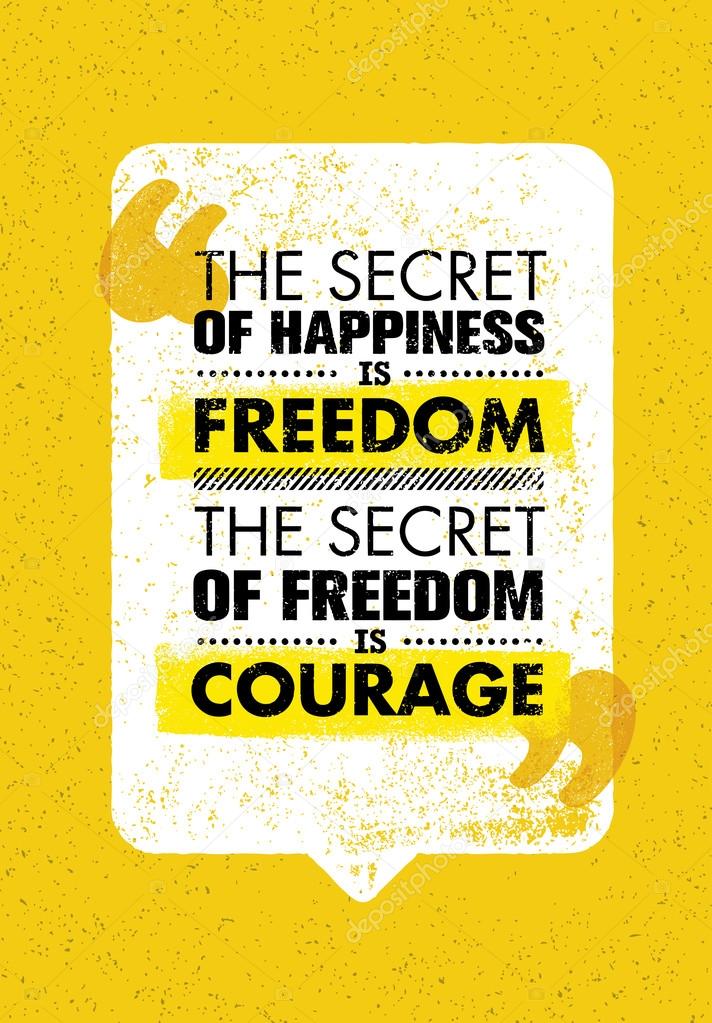
- The word translated in these quotes and many others as "The Word" or "Reason", is the greek word λόγος (Logos).
- ὁδὸς ἄνω κάτω μία καὶ ὡυτή
- The road up and the road down is one and the same.
- Fragment 60
- Variant translations:
The road up and the road down are one and the same.
The road uphill and the road downhill are one and the same.
The way up and the way down are one and the same.
- ὁ θεὸς ἡμέρη εὐφρόνη, χειμὼν θέρος, πόλεμος εἰρήνη, κόρος λιμός
- God is day and night, winter and summer, war and peace, surfeit and hunger.
- Fragment 67
- ταὐτό τ' ἔνι ζῶν καὶ τεθνηκὸς καὶ [τὸ] ἐγρηγορὸς καὶ καθεῦδον καὶ νέον καὶ γηραιόν
- And it is the same thing in us that is quick and dead, awake and asleep, young and old.
- Fragment 88
- τοῖς ἐγρηγορόσιν ἕνα καὶ κοινὸν κόσμον εἶναι, τῶν δὲ κοιμωμένων ἕκαστον εἰς ἴδιον ἀποστρέφεσθαι
- The waking have one world in common; sleepers have each a private world of his own.

- Fragment 89
- Plutarch, Of Superstition
- The waking have one world in common; sleepers have each a private world of his own.
- ποταμῷ γὰρ οὐκ ἔστιν ἐμβῆναι δὶς τῷ αὐτῷ
- You cannot step twice into the same river.
- Fragment 91
- Plutarch, On the EI at Delphi
- Although the Law of Reason is common, the majority of people live as though they had an understanding of their own.
- Fragment 92, as translated by G.W.T. Patrick, trans.
- Men are at variance with the one thing with which they are in the most unbroken communion, the reason that administers the whole universe.
- Fragment 93
- Friedrich Nietzsche's translation: The law under which most of them ceaselessly have commerce they reject for themselves. (The Pre-Platonic Philosophers, Chapter 10)]
- νέκυες γὰρ κοπρίων ἐκβλητότεροι
- Corpses are more fit to be cast out than dung.
- Fragment 96
- κύνες γὰρ καὶ βαΰζουσινὃν, ἂν μὴ γινώσκωσι.

- Dogs, also, bark at what they do not know.
- Fragment 97
- ἀμαθίην κρύπτειν ἄμεινον
- It is better to conceal ignorance than to expose it.
- Fragment 109
- Variant translation: Hide our ignorance as we will, an evening of wine soon reveals it.
- ἀνθρώποις γίνεσθαι ὁκόσα θέλουσιν οὐκ ἄμεινον
- It would not be better if things happened to people just as they wish.
- Fragment 110
- Variant translation: It would not be better if things happened to men just as they wish.
- Τίς γὰρ αὐτῶν νόος ἢ φρήν; δήμων ἀοιδοῖσι ἕπονται καὶ διδασκάλῳ χρέωνται ὁμίλῳ, οὐκ εἰδότες ὅτι πολλοὶ κακοὶ ὀλίγοι δὲ ἀγαθοί. αἱρεῦνται γὰρ ἓν ἀντία πάντων οἱ ἄριστοι, κλέος ἀέναον θνητῶν, οἱ δὲ πολλοὶ κεκόρηνται ὅκωσπερ κτήνεα.
- For what sense or understanding have they? They follow minstrels and take the multitude for a teacher, not knowing that many are bad and few good. For the best men choose one thing above all—immortal glory among mortals; but the masses stuff themselves like cattle.

- Fragment 111, as translated by G.W.T. Patrick
- For what sense or understanding have they? They follow minstrels and take the multitude for a teacher, not knowing that many are bad and few good. For the best men choose one thing above all—immortal glory among mortals; but the masses stuff themselves like cattle.
- Speaking with sense we must fortify ourselves in the common sense of all, as a city is fortified by its law, and even more forcefully. For all human laws are nourished by the one divine law. For it prevails as far as it will and suffices for all and is superabundant.
- Fragment 114, as Translated by Daniel W. Graham
- All human laws are nourished by one divine law.
- Fragment 114
- ἦθος ἀνθρώπῳ δαίμων
- Character is destiny.
- Fragment 119
- Variant translations:
Character is fate.
Man's character is his fate.
A man's character is his fate.
A man's character is his guardian divinity.
One's bearing shapes one's fate.
- φύσις κρύπτεσθαι φιλεῖ
- Nature is wont to hide herself.
- Fragment 123
Disputed[edit]
- Opposition brings concord.
 Out of discord comes the fairest harmony.
Out of discord comes the fairest harmony. - As translated by Philip Wheelwright in Heraclitus (1959)
- Many statements paraphrase or extend upon his famous assertions that "everything changes" in ways which arguably diverge from valid translation, and yet have become widely attributed to Heraclitus:
- Change is the only constant.
- There is nothing permanent except change.
Misattributed[edit]
- Of Every One-Hundred Men, Ten shouldn't even be there, Eighty are nothing but targets, Nine are real fighters... We are lucky to have them... They make the battle. Ah but the One, One of them is a Warrior... and He will bring the others back.
- Attributed to "Hericletus c. 500 B.C." [sic] in The Tactical Rifle (1999) by Gabriel Suarez; no earlier source has been found.
Quotes about Heraclitus[edit]
- It was not Zeno, the founder of the Stoics, alone, who taught that the Universe evolves, and its primary substance is transformed from the state of fire into that of air, then into that of water, etc.
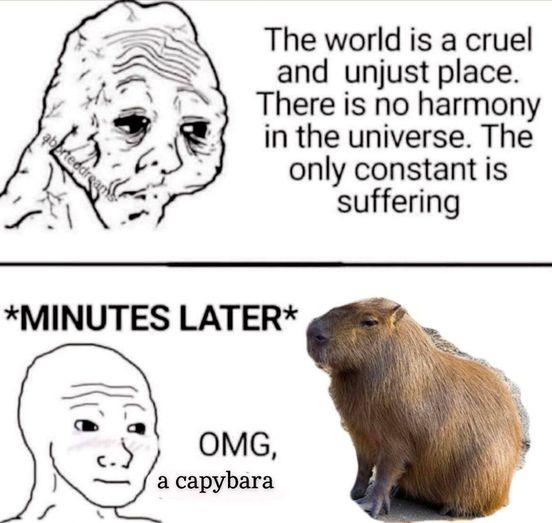 Heraclitus of Ephesus maintained that the one principle that underlies all phenomena in Nature is fire. The intelligence that moves the Universe is fire, and fire is intelligence. And while Anaximenes said the same of air, and Thales of Miletus (600 years b.c.) of water, the Esoteric Doctrine reconciles all these philosophers, by showing that though each was right, the system of none was complete.
Heraclitus of Ephesus maintained that the one principle that underlies all phenomena in Nature is fire. The intelligence that moves the Universe is fire, and fire is intelligence. And while Anaximenes said the same of air, and Thales of Miletus (600 years b.c.) of water, the Esoteric Doctrine reconciles all these philosophers, by showing that though each was right, the system of none was complete. - H.P. Blavatsky, The Secret Doctrine, Vol. 1 of 4 (1888)
- Heraclitus (2.0) 3 4 1 2 3 (His point in evolution & rays)
- Benjamin Creme in The List of Initiates, Their rays and stage of evolution, as published in Maitreya’s Mission Volumes One, Two and Three, as well as those published in Share International between April 1997 and August 2014.
- [With Heraclitus] we see land; there is no proposition of Heraclitus which I have not adopted in my Logic.
- Georg Wilhelm Friedrich Hegel, Lectures on the History of Philosophy (1892), trans.
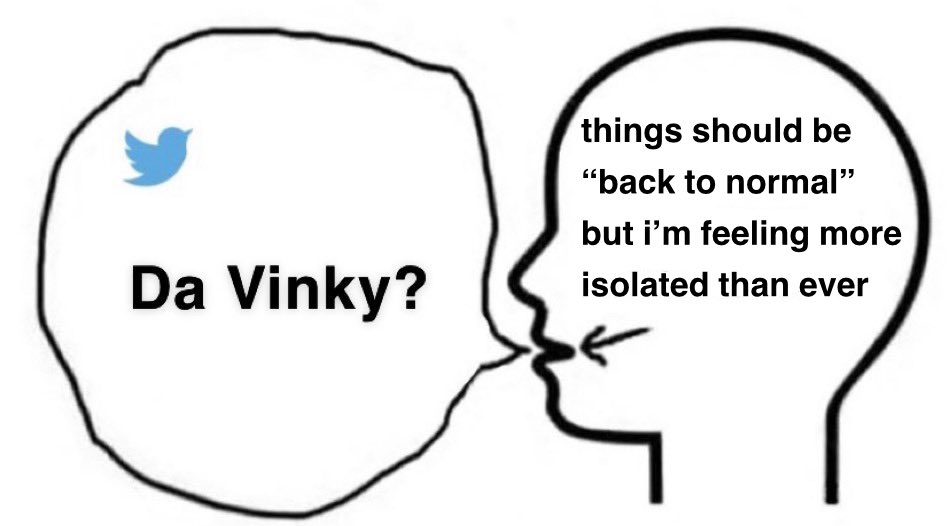 E. S. Haldane, p. 279
E. S. Haldane, p. 279
- Georg Wilhelm Friedrich Hegel, Lectures on the History of Philosophy (1892), trans.
- I walked on to the next corner, sat on a bench at a bus stop, and read in my new book about Heraclitus. All things flow like a river, he said; nothing abides. Parmenides, on the other hand, believed that nothing ever changed, it only seemed so. Both views appealed to me.
- Ross Macdonald, The Chill (1963), Vintage Crime/Black Lizard edition, pp. 209-210.
- In other countries, too, the idea of a creation was sternly rejected, as, for instance, by Heraclitus, who declares that no god and no man made this world, but that it was always and is and will be, an eternal fire, assuming forms and destroying them. And this protest, it should be remembered, came from a man who was able to say with equal honesty that 'God is day and night, winter and summer, war and peace, satiety and hunger—and that he is called according to the pleasure of every one.'
- Max Müller, Natural Religion (1892) p. 253.
- Herakleitos, about 460 B.
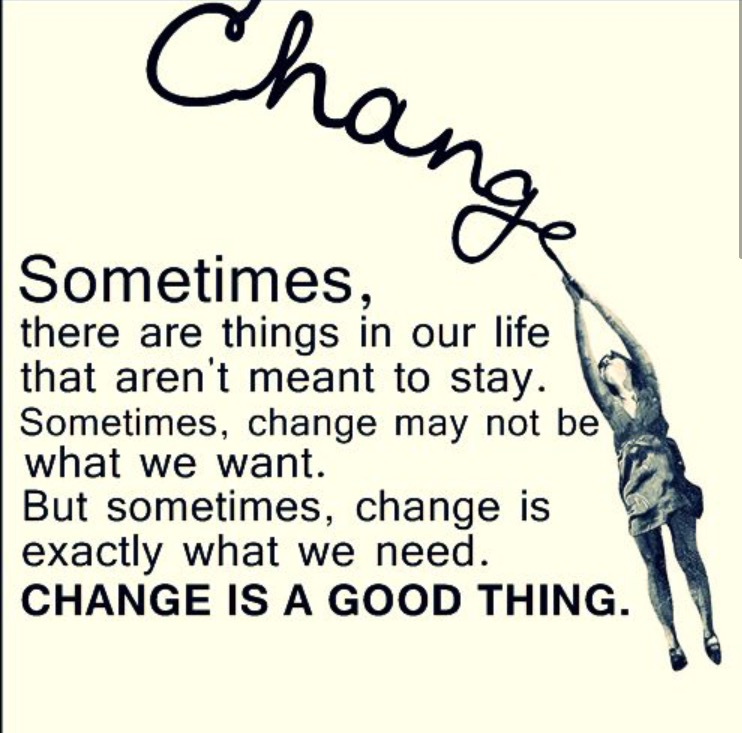 C., one of the boldest thinkers of ancient Greece, declared that Homer deserved to be ejected from public assemblies and flogged...
C., one of the boldest thinkers of ancient Greece, declared that Homer deserved to be ejected from public assemblies and flogged... - Max Müller, Introduction to the Science of Religion (1873) p. 343.
- If the flow is steady, the field velocity vectors and the system of streamlines remain unaffected by the progress of time. Looking at the vector field and its streamlines we do not notice any change. Yet if we could distinguish the different particles of fluid from each other, we could observe incessant change...
We have here two aspects of a steady flow, one of unchanging persistence, the other of incessant change. ...Heraclitus was called the "Dark Philosopher"; his views of human affairs were sombre and his sayings obscure. ...
"You cannot look twice at the same river; for fresh waters are ever flowing in."
"We look and do not look at the same rivers; we are, and we are not."
What is the intended meaning of these sentences? I do not venture to find out. Yet I think that the originator of these senteces came pretty close to formulating the concept "steady flow of a fluid."
Yet I think that the originator of these senteces came pretty close to formulating the concept "steady flow of a fluid." - George Pólya, Mathematical Methods in Science (1977)
- When... Heraclitus names the world an ever-living fire that... extinguishes itself and again kindles itself, when... all is exchanged for fire and fire for all... he can only understand by this that fire, this restless, all-consuming, all-transmuting, and equally (in heat) all-vivifying element, represents the constant force of this eternal alteration and transformation, the notion of life, in the most vivid and energetic manner. ...the means of which the power of motion that is precedent to all matter avails itself for the production of the living process of things. Heraclitus... explains the multiplicity of things... [fire] condenses itself into material elements, first air, then water, then earth. ...These two processes of extinction and ignition... alternate... in perpetual rotation with each other and.
 .. in stated periods the world resolves itself into the primal fire, in order to re-create itself out of it again. ...[F]ire is to him... the principle of movement, of physical as of spiritual vitality; the soul itself is a fiery vapour; its power and perfection depend on its being pure from all grosser and duller elements.
.. in stated periods the world resolves itself into the primal fire, in order to re-create itself out of it again. ...[F]ire is to him... the principle of movement, of physical as of spiritual vitality; the soul itself is a fiery vapour; its power and perfection depend on its being pure from all grosser and duller elements. - Albert Schwegler, Handbook of the History of Philosophy (1868) pp. 21-22.
- The part I understand is excellent, and so too is, I dare say, the part I do not understand; but it needs a Delian diver to get to the bottom of it.
- Socrates, when asked his opinion of Heraclitus's treatise, as quoted in Diogenes Laërtius's Lives of Eminent Philosophers (ed. R. D. Hicks), Book II, Ch. 5, sec. 22.
- I cannot approve of Heraclitus, who, being self-taught and arrogant, said, "I have explored myself." Nor can I praise him for hiding his poem in the temple of Artemis, in order that it might be published afterwards as a mystery; and those who take an interest in such things say that Euripides the tragic poet came there and read it, and, gradually learning it by heart, carefully handed down to posterity this darkness of Heraclitus.

- Tatian, Address to the Greek P. 7 Pratten translation
- If neither sub-atomic particles nor organic species exemplify the 'permanent entities' of Greek metaphysics, what else in the real world does so? ...Two hundred years of historical research have had their effect. Whether we turn to social or intellectual history, evolutionary zoology, historical geology or astronomy—whether we consider explanatory theories or star-clusters, societies or cultures, languages or disciplines, organic species or the Earth itself—the verdict is not Parmenidean but Heraclitean. As we now understand it, nothing in the empirical world possesses the permanent unchanging identity which all Greek natural philosophers (the Epicureans apart) presupposed in the ultimate elements of Nature. So, if we... are to entertain metaphysical thoughts about the nature of things-in-general consistent with the rest of our late-twentieth-century ideas, we must explore the consequences of the modern, post-Darwinian or 'populational' approach, as applied not just to species, but to historical entities of all kinds.
 Confronted with the question, 'How do permanent entities preserve their identity through all their apparent changes?', we must simply deny the validity of the question itself. In its place, we must substitute the question, 'How do historical entities maintain their coherence and continuity, despite all the real changes they undergo?'
Confronted with the question, 'How do permanent entities preserve their identity through all their apparent changes?', we must simply deny the validity of the question itself. In its place, we must substitute the question, 'How do historical entities maintain their coherence and continuity, despite all the real changes they undergo?' - Stephen Toulmin, Human Understanding (1972) Vol. 1 The Collective Use and Evolution of Concepts.
See also[edit]
- A History of Western Philosophy#Chapter IV. Heraclitus
External links[edit]
WikipediaWikipedia has an article about:
Heraclitus
WikisourceWikisource has original text related to:
Fragments of Heraclitus
CommonsWikimedia Commons has media related to:
Heraclitus
- Heraclitus at the Internet Encyclopedia of Philosophy
- Fragments (original Greek text)
- Philoctetesː Fragments (original Greek text)
- Fragments of Heraclitus – parallel Greek with links to Perseus, French, and English
- Heraclitus Fragments in Greek (Unicode) and English
- Heraclitus: The Complete Fragments, William Harris (translator), Greek and English (DK numbers) with commentary (PDF file)
- Heraclitus Bilingual Anthology (in Greek and English, side by side)
- Heraclitus of Ephesus by Giannis Stamatellos
| Ancient Greek schools of philosophy | ||
| Pre-Socratic | Anaxagoras • Anaximander • Anaximenes • Democritus • Empedocles • Heraclitus • Leucippus • Melissus • Parmenides • Protagoras • Pythagoras • Thales • Zeno of Elea | |
| Socratic | Antisthenes • Aristippus • Aristotle • Diogenes of Sinope • Euclid of Megara • Phaedo of Elis • Plato • Socrates | |
| Hellenistic | Apollonius of Tyana • Augustine • Epictetus • Epicurus • John Philoponus • Lucretius • Plotinus • Proclus • Pyrrho • Sextus Empiricus • Zeno of Citium | |
Diamond iceberg and climate change
Author: Yaakov Almor
(yams. news) - One of my favorite sayings comes from the Greek philosopher Heraclitus, who said that "change is the only constant thing in life." Wikipedia states that "Heraclitus was famous for insisting on the constancy of change as the fundamental essence of the universe...".
news) - One of my favorite sayings comes from the Greek philosopher Heraclitus, who said that "change is the only constant thing in life." Wikipedia states that "Heraclitus was famous for insisting on the constancy of change as the fundamental essence of the universe...".
Almost 2,500 years later, these pearls of the philosopher's wisdom are still fresh and applicable, including to the diamond and jewelry industries and trade, which for many readers of my blog are a source of livelihood.
Currently, one of the most serious problems in the world is climate change. It seems to divide people into two camps: those who believe that climate change will lead to a significant rise in sea levels and therefore endanger the lives of billions of people, and those who vehemently deny global warming, ignore it or even ridicule it. After us, at least a flood ....
In the diamond industry and trade, we are also facing a kind of climate change that many happily ignore. But the diamond industry is in danger of a crisis that, if left unchecked and dealt with, is likely to destroy it or change it beyond recognition.
How? Let's compare the diamond industry and its products to an iceberg that floats in the ocean of luxury goods. The bulk of the 40 million carats of diamonds mined every year - and it makes up about 90 percent of this amount - is cut into small diamonds called melee.
Is an iceberg a good metaphor for the diamond industry?
Yes it is.
In the end, 9out of every 10 diamonds cut, they weigh less than 0.05 carats and, like a real iceberg, these products remain almost invisible, as about 90 percent of the annual production floats “under the surface”.
These are stones that do not have a “personality” and end up on the mass market, being set in cheap jewelry such as rings, pendants, stud earrings, which are decorated with dozens of stones, each of which weighs only a few points. You know what I'm talking about. At shows, you've all walked past the endless rows of booths displaying such massive, unappealing, run-of-the-mill jewelry.
On the other hand, the “visible” part of the (diamond) iceberg consists of those diamonds that are most actively sold to the consumer, i. e. larger, more significant and impressive diamonds that look good in advertising and other marketing materials. These are diamonds that appear on various price lists that are mentioned there along with their certificates and that are displayed in the windows of Indian, Belgian, Israeli and American diamantaires and sold at international trade shows or during various "diamond buyer weeks" held at some diamond exchanges.
e. larger, more significant and impressive diamonds that look good in advertising and other marketing materials. These are diamonds that appear on various price lists that are mentioned there along with their certificates and that are displayed in the windows of Indian, Belgian, Israeli and American diamantaires and sold at international trade shows or during various "diamond buyer weeks" held at some diamond exchanges.
However, the diamond iceberg is in danger. Just as global warming can ultimately be blamed on the actions of mankind, the eventual crisis and collapse of the diamond iceberg is the responsibility of the diamond industry and trade.
I wrote about this in an earlier blog as well. If the diamond industry cannot guarantee to its customers - jewelry manufacturers and retailers and ultimately consumers - that the small diamonds it sells, chalk, are 100% natural and not contaminated with synthetics, then the diamond iceberg will melt and collapse. In other words, if the market loses confidence in the origin of the diamonds it buys, the entire diamond industry will be affected. No base - no 90 percent of annual production - the business of supporting ten percent of the diamond iceberg will also suffer.
No base - no 90 percent of annual production - the business of supporting ten percent of the diamond iceberg will also suffer.
I don't know what the possibilities are for countering global warming and climate change, but in the case of a diamond iceberg, the diamond industry and trade can prevent the collapse.
Do they want it? Time will show.
Putin's secret revolution: what the president hid in plain sight
Policy Plot: DNR, LNR, Ukraine: escalation 43030
Share
About ten years ago, graffiti could often be seen on the walls of houses in Moscow: Vladimir Putin, with scissors in his hands, cuts off the first letter in the English word Revolution and looks with satisfaction at what is left - Evolution. But now such graffiti is almost invisible. And there is a bitter truth to this.
But now such graffiti is almost invisible. And there is a bitter truth to this.
John Reed's famous book about the events of October 1917 was called Ten Days That Shook the World. But in February of this year, Putin managed to shake to the ground the entire world order that had developed by that time in just one day.
Photo: kremlin.ruThe motives of those actions of the President of the Russian Federation are still a mystery to many experts.
Throughout his political career, Putin was guided by the famous principle of Pyotr Stolypin: "They need great upheavals, we need Great Russia." The fateful decision of the GDP catapulted Russia into the epicenter of great upheavals. During his stay at the helm of the country, Putin has always tried to ensure maximum freedom of maneuver and freedom of hands.
The Great Geopolitical Revolution of February 2022 forced the President of Russia to act within a very narrow corridor of opportunity. But this riddle has a solution. And this clue is hidden in plain sight.
But this riddle has a solution. And this clue is hidden in plain sight.
"The only constant thing in life is change." Having set out to find the author of this quotation, I soon abandoned this task because of its futility. This wise thought is too universal. But what kind of “permanence of change” has been the specificity of Russian politics for several centuries now?
Each new leader invariably renounces the political legacy of his predecessor. Empress Elizabeth defeated Prussia. Her nephew Peter III apologized and gave back all the conquests. The wife of Peter III Catherine II quickly removed her husband from business.
But their common son Pavel nullified his mother's policy. His son Alexander I declared that "with me everything will be like with my grandmother." The next tsar, Nicholas I, buried his brother's political liberalism. But liberalism flared up with renewed vigor during the reign of his own son Alexander II...
Nothing has changed even after the position of the leader of the country ceased to be passed on like a relay baton within one family.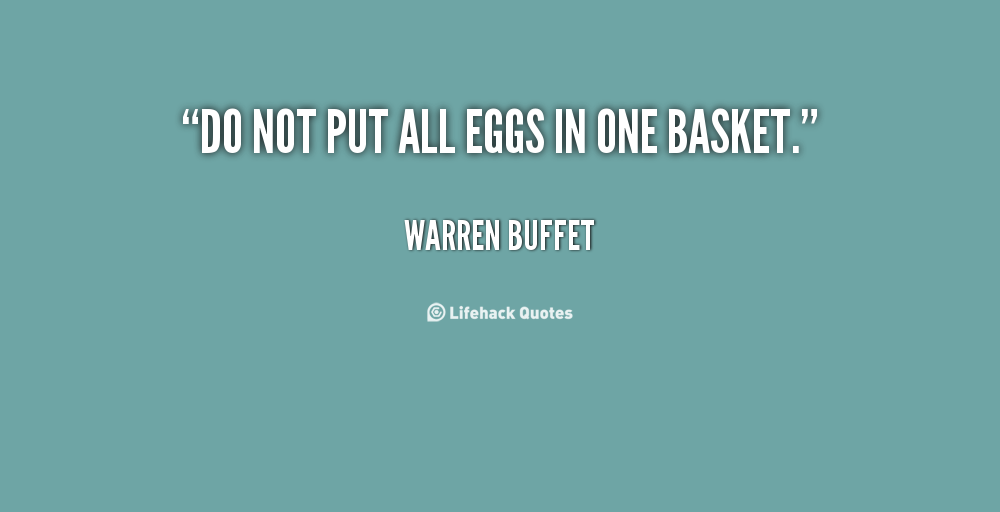 Khrushchev nullified Stalin, Brezhnev nullified Khrushchev, Andropov-Brezhnev, Chernenko-Andropov, Gorbachev-Chernenko, Yeltsin nullified Gorbachev...
Khrushchev nullified Stalin, Brezhnev nullified Khrushchev, Andropov-Brezhnev, Chernenko-Andropov, Gorbachev-Chernenko, Yeltsin nullified Gorbachev...
If we continue to reason within the framework of this unchanging logic of Russian history, then on the next turn of the historical spiral, a certain Mr. X, whose last name we do not yet know (or rather, we know, but not yet in this context), will invariably nullify the political legacy of the current leader country of Vladimir Putin.
Stop here. It is very possible that the notorious spiral will begin to rotate in a different direction. There are many indications that Putin succeeded in breaking the logic of the development of Russian history — ensuring that the vector of the country’s political development he set is unchanged, regardless of which new leader comes to power in the Kremlin in five, ten, twenty, or even thirty years.
Why Putin wanted to "break the matrix"
Toward the end of Mikhail Gorbachev's rule, against the background of growing chaos in the state, the famous Soviet scientist, Academician Yevgeny Velikhov, brought Bruce Rappaport, a well-known investment banker from Switzerland, to a meeting with the Secretary General.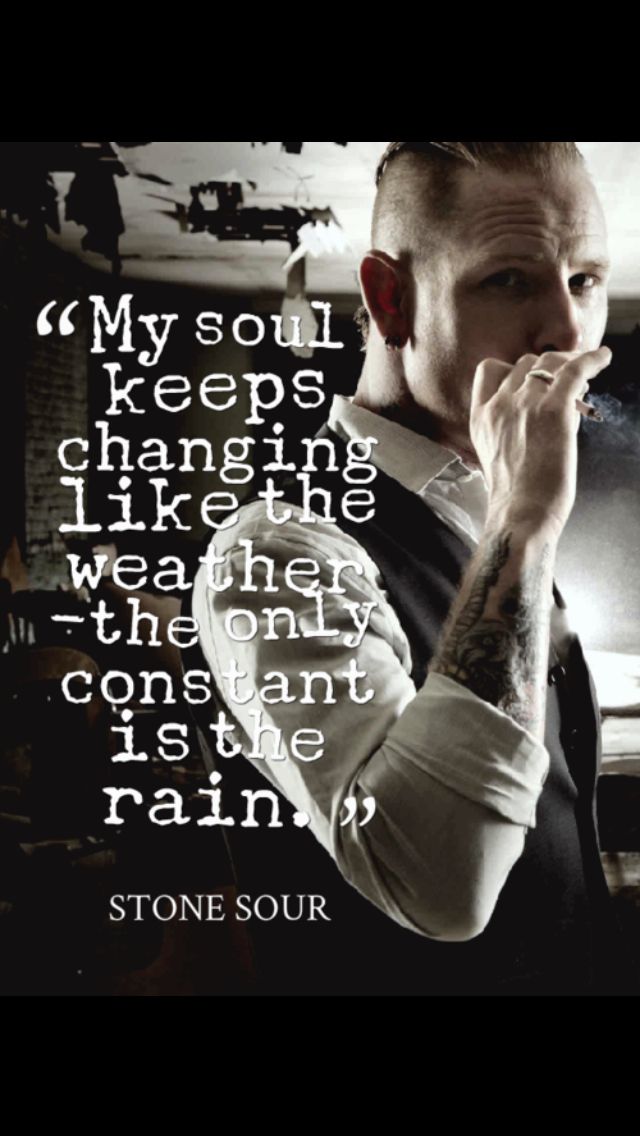
As Velikhov tells in his memoirs, Mikhail Sergeevich, as was customary with him, launched into long and vague rants about the great potential and great future of the Soviet Union. Accustomed to specifics, the Western businessman listened to the General Secretary with growing impatience, and then interrupted him and asked permission to tell a Jewish anecdote.
“A certain inconsolable widower who had just buried his wife came to the rabbi for advice on how to live on. The rabbi told him, “Let a year or two pass. You will adjust and find comfort!” The widower replied: “What will happen in a year or two is understandable. But how can I be tonight?
I'm not sure that Mikhail Gorbachev, with his amazing ability to ignore the uncomfortable aspects of reality, understood exactly what kind of thought they were politely trying to convey to him. But Putin, although hardly anyone tells him Jewish jokes with a hint, on the contrary, constantly keeps this thought in his head.
All political leaders are divided into two categories: some live exclusively for today - according to the principle of the mistress of the French king Louis XV, Marquise de Pompadour: "after us, even a flood." Others, without ignoring, of course, today, constantly think about tomorrow and the day after tomorrow.
Putin is a pronounced representative of the second category. Keeping under tight control every “tonight” during his reign, the owner of the Kremlin has long been thinking in historical terms, in terms of the fate of Russia and his own role in determining and ensuring this fate. And here is how, in the light of this fact, in my opinion, one can interpret the “geopolitical revolution of February 24”: Putin came to the conclusion that it is possible to ensure the Great Future of Great Russia only if one is not afraid of great upheavals.
I will try to prove my idea with the help of past statements by the president himself. Meeting of the Valdai Club, October 2016. Oksana Antonenko, a British expert of Russian origin, asks Putin about the mood of Russian citizens: “Don’t you think that they have a request to reduce geopolitical tensions?” Answer of the GDP: “We all have a request to reduce geopolitical tensions, but not in the way of our funeral. If the payment for lowering geopolitical tensions is our funeral, then this will not suit anyone, including those who have doubts about the effectiveness of the current government, or those who would like serious changes.”
Oksana Antonenko, a British expert of Russian origin, asks Putin about the mood of Russian citizens: “Don’t you think that they have a request to reduce geopolitical tensions?” Answer of the GDP: “We all have a request to reduce geopolitical tensions, but not in the way of our funeral. If the payment for lowering geopolitical tensions is our funeral, then this will not suit anyone, including those who have doubts about the effectiveness of the current government, or those who would like serious changes.”
What did Putin mean by “our funeral” in this case? I think that, first of all, the funeral of Russia's status as a great power.
Much has already been said about why, from Putin's point of view, by February 2022 the danger of such a funeral as a result of targeted actions by the West has become quite real. Many, but not all. Such an important factor as the unchanging logic of Russian history described above has remained behind the scenes until now.
In June this year, one of the most respected American foreign policy thinkers, long-term president of the Council on Foreign Affairs in New York, Richard Haas, published a key article "Ukrainian strategy for the long term" in Foreign Affairs magazine.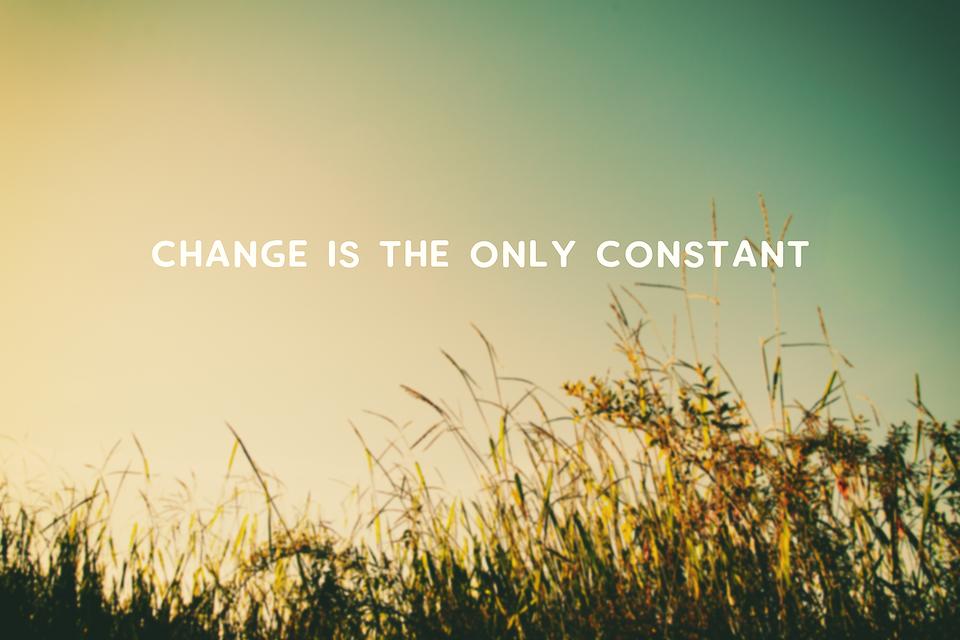
Long-range planning is something that Richard Haas emphasized during his career in public service: one of his previous positions was Director of Political Planning at the State Department. And, by successively sorting through and then immediately discarding the options available to America, the veteran American diplomacy finally settles on this: the US should just wait.
Wait by the sea for the weather? Not really. Departure of Vladimir Putin from the post of President of the Russian Federation. Richard Haas: “Ultimately, what may be required...is change not in Washington, but in Moscow. In all likelihood, it will take someone other than Putin to take the steps to end Russia's pariah status, economic crisis, and military swamp.
The West needs to make it clear that it is ready to reward the new Russian leader who takes such steps while increasing pressure on the current Russian leader.”
For reasons that will be detailed later, I find this logic by a leading American foreign policy strategist to be unworkable in the future.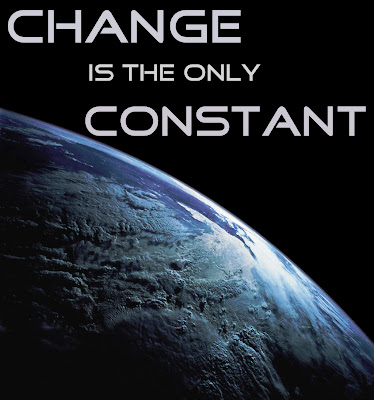 But this does not mean that she was inoperable in the past.
But this does not mean that she was inoperable in the past.
At one time I had a good friend, the right hand of the last head of the Soviet State Planning Committee, a member of the Politburo of the Central Committee of the CPSU and the first vice-premier of the Russian Federation in Primakov's office, Yuri Maslyukov, Anton Surikov. Anton was a great hoaxer, but at the same time a very original and interesting political thinker. He especially liked to talk about the fact that modern Russia will never dare to go into a really serious conflict with the United States.
As Surikov argued to me, official Washington has too many levers of influence on the Russian elite. During Anton's life (he died suddenly in 2009, before he even reached the age of 50), his analytical calculations on the topic of what kind of sanctions America could bring down on our business magnates and how easily it could confiscate their property seemed to me purely hypothetical , even fantasy logical constructions. But a little more than 10 years have passed, and many of his predictions have come true.
But a little more than 10 years have passed, and many of his predictions have come true.
Many, but not the most important. America pressed all its possible and impossible sanctions levers to the limit, but this did not make Moscow stop. But here's the question: why didn't you? Answer: because at the head of the pyramid of Russian power is a leader in whose eyes the losses from Western sanctions are, in comparison with the main goal - maintaining the status of a great power for Russia - albeit painful, difficult, unpleasant, but still acceptable.
Putin weighed all the pros and cons and made a decision. However, a potential successor to Putin, or a successor to Putin's successor, in a similar situation, might make a very different decision. However, why do I use this particular verbal construction “could accept”? It would probably be more correct to write like this: "I would have made a different decision."
Today, Dmitry Medvedev, an active user of social networks, almost every day proves to the public his burning "hatred" for the Western world. However, faced in 2011 as the President of the Russian Federation with the need to make a real choice, he preferred to follow in the wake of Western policy in the Libyan issue, which is very important and indicative for Putin. And this despite the fact that the issue price in 2011 was immeasurably lower than the issue price in 2022.
However, faced in 2011 as the President of the Russian Federation with the need to make a real choice, he preferred to follow in the wake of Western policy in the Libyan issue, which is very important and indicative for Putin. And this despite the fact that the issue price in 2011 was immeasurably lower than the issue price in 2022.
There was no pressure on President Medvedev, they did not demand “by all means do it, otherwise we will bring down the ninth wave of sanctions on you!” But he still made a decision that, according to Putin's deep conviction, did not correspond to Russian national interests and criteria for a just world order - he did not block the decision of the UN Security Council on the right of the United States and countries to armed intervention in the internal Libyan conflict, which was being pushed by the West.
Remember that famous public "divergence of views" between Prime Minister Putin and President Medvedev in March 2011? Putin: “The Security Council resolution is defective and flawed, it allows everything and resembles a medieval call for a crusade. In fact, it allows the invasion of a sovereign country.”
In fact, it allows the invasion of a sovereign country.”
Medvedev a few hours later: “We all need to be as accurate as possible in our assessments. In no case is it permissible to use expressions that, in fact, lead to a clash of civilizations, such as "crusades" and so on. This is unacceptable!"
The significance of this Libyan episode in the modern history of Russia, from my point of view, cannot be overestimated. As people close to Putin told me, when transferring presidential powers to Medvedev in 2008, the GDP did not at all rule out the possibility of his subsequent complete resignation from power. This option was ruled out later, when Putin concluded that his successor was bending under pressure (or under the influence of political charm) from the West.
And now let's sum up the intermediate results. As a career intelligence officer and seasoned political leader, Putin harbors no illusions about human nature and its inherent tendency to "take the path of least resistance. " Putin has no illusions about the "loyalty to the principles" of a significant part of the Russian elite.
" Putin has no illusions about the "loyalty to the principles" of a significant part of the Russian elite.
Putin's experiment in the form of a temporary or even permanent transfer of power to a like-minded person in this part of it actually failed. However, this failure, of course, did not force the GDP to abandon its main task - to ensure the invariability of Russia's political course to retain the status of a great power.
Shortly after the return of VVP to the presidency in 2012, a new concept appeared in the Russian political lexicon - “nationalization of the elite”. And in 2022, the nationalization of the elite turned into a definitive fact.
The Matrix Is Broken
In April 1991, former US President Richard Nixon decided to find out where the Soviet Union was heading and went on a visit to Moscow. The retired American head was readily greeted by KGB Chairman Vladimir Kryuchkov, former Foreign Minister Eduard Shevardnadze, and Soviet Presidential Security Council member Yevgeny Primakov.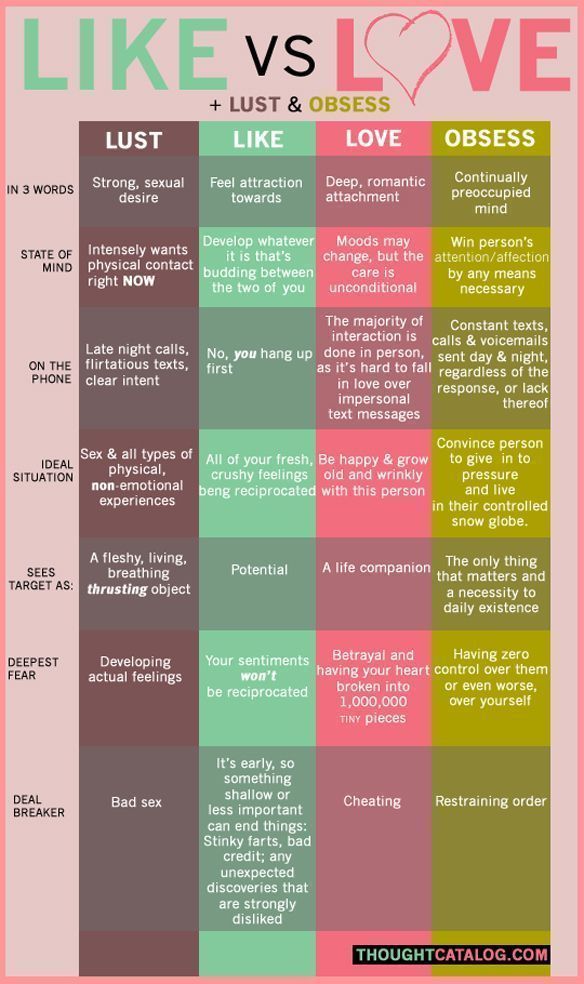
But the two most important actors in our then political drama - Gorbachev and Yeltsin - had no time for Nixon. Despite all his personal authority and high rank in world politics, the ex-President of the United States received a polite but firm refusal to grant an audience. And then, as described in Collapse: The Fall of the Soviet Union by London School of Economics professor Vladislav Zubok's brilliant and, unfortunately, so far only English-language book, Nixon's aide Dimitri Simes solved the problem with a witty trick.
Mindful of persistent rumors that in the lobby of the elite Moscow hotel where they were staying, "everything was monitored and monitored by the KGB," Simes began talking loudly about Nixon's upcoming meeting with Yeltsin. The fish quickly took the bait. A few hours later, the former American leader received a call from Gorbachev's secretariat and was invited to a meeting with the "father of perestroika."
What happened next was a matter of technique.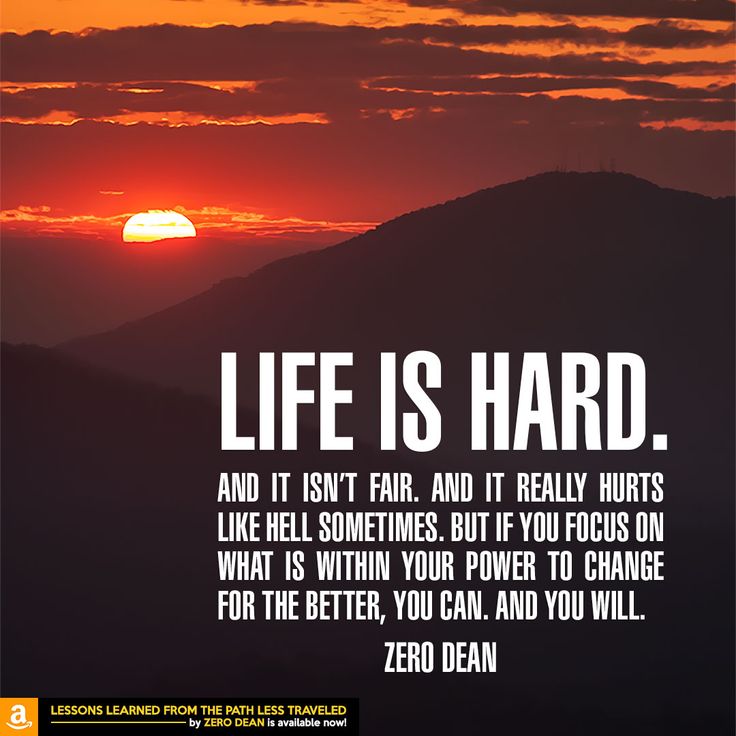 Simes informed Vladimir Lukin, chairman of the international committee of the Supreme Soviet of Russia, who was then close to Yeltsin, that Gorbachev would accept Nixon after all. And the president of the RSFSR also very quickly found time in his schedule to meet with the retired American president.
Simes informed Vladimir Lukin, chairman of the international committee of the Supreme Soviet of Russia, who was then close to Yeltsin, that Gorbachev would accept Nixon after all. And the president of the RSFSR also very quickly found time in his schedule to meet with the retired American president.
What happened after February 24, 2022 in terms of the nationalization of the Russian elite is somewhat reminiscent of this story. Vladimir Putin did not have to make any additional efforts. All the work to achieve this goal was done by the one who previously partially privatized this elite - the collective West.
Article 14 of the German Constitution: “Property and the right to inherit are guaranteed... Property obliges. Its use must simultaneously serve the common good. Alienation of property is allowed only for the purposes of the common good. It can only be made by law or on the basis of a law governing the nature and amount of compensation. Compensation is determined on the basis of a fair consideration of the interests of society and interested parties.
After the start of Russia's special operation in Ukraine, it became clear that from a Western point of view, the common good requires that citizens of the Russian Federation should not have any property in their countries and that they are not entitled to any compensation based on the interests of interested parties.
You can talk for as long as you want that the confiscation of the property of Russian citizens is a violation of all conceivable and unthinkable norms. These conversations will not affect anything at all. With regard to the citizens of the Russian Federation, all these conceivable and unthinkable norms no longer exist.
What has happened is irreversible. This unpleasant fact must be accepted. And it is also necessary to accept the fact that completely irreversible changes have occurred in other, even more important areas.
There is a proverb: you borrow other people's money and for a while, but you give your own forever. But this, of course, is nothing more than a joke. But what is by no means a joke is that until 2014, the Russian Federation was quite a complete and established state without Crimea. But after reunification with the peninsula, it is impossible to imagine Russia without Crimea. Giving Crimea to someone is now for the Russian state the same thing as cutting off an arm and a leg for a person. When, according to the results of referendums this fall, new territories that were previously part of Ukraine will become part of Russia, this will also apply to them.
But what is by no means a joke is that until 2014, the Russian Federation was quite a complete and established state without Crimea. But after reunification with the peninsula, it is impossible to imagine Russia without Crimea. Giving Crimea to someone is now for the Russian state the same thing as cutting off an arm and a leg for a person. When, according to the results of referendums this fall, new territories that were previously part of Ukraine will become part of Russia, this will also apply to them.
Richard Haas hopes that some future new president of Russia will be willing and able to dismantle Vladimir Putin's foreign policy legacy. Doesn't want to. And even if he wants to, he can't. Such a task is, in principle, unrealizable.
The only exception to this principle is the complete collapse of Russian statehood, the total capitulation of the country. What kind of president would be willing (and able) to realize this scenario? Here's what not everyone has yet grasped, but which will become more and more obvious with each new month and each new year: Putin has created a completely new geopolitical reality that will continue after Russia has a new president. The time of major geopolitical forks has passed. Track selected. All the foreign policy maneuvers of Russia, and the West, by the way, too, are now possible only within this rut.
The time of major geopolitical forks has passed. Track selected. All the foreign policy maneuvers of Russia, and the West, by the way, too, are now possible only within this rut.
What exactly does this track look like? Looking at the situation from an American perspective, it is best characterized by the words of U.S. Treasury Secretary Nicholas Brady at a White House private meeting in June 1991, quoted in Vladislav Zubok's book The Collapse: “Brady, with rare frankness, formulated the American strategic priority. “What is required is a change in Soviet society in such a way that it cannot afford a defense system. If the Soviets go to the market, they will not be able to afford a large defense sector. A real reform program will turn them into a third-tier power. This is what we want!”
These words were spoken at the height of the thaw in relations between Moscow and Washington. And at that time they were only one (albeit the most really influential) of the alternative points of view. But now this diversity is finally gone. The course towards turning Russia into a power of the third category is an uncontested line of conduct for the Western elite for years and decades to come.
But now this diversity is finally gone. The course towards turning Russia into a power of the third category is an uncontested line of conduct for the Western elite for years and decades to come.
And this is how the new geopolitical track looks from the Russian point of view. Program Director of the Russian International Affairs Council Ivan Timofeev noted in an article for the Valdai Club: “Sooner or later, any conflict ends in peace. Such is the conventional wisdom that can often be heard from those who, in the current situation of the sanctions tsunami and confrontation with the West, are trying to find hope for a return to “normality”...
We are forced to disappoint those who believe in such a prospect... The contradictions between Russia and the West are stable. An unstable system of asymmetric bipolarity has formed in Europe, in which the security of Russia and NATO can hardly be indivisible. Russia has no way to crush the West without unacceptable damage to itself. However, the West, despite its colossal superiority, cannot crush Russia without unacceptable losses. Containing Russia is the best strategy for the West. Ukraine is doomed to remain one of the areas of containment. For Russia, the strategy of asymmetric balancing of Western superiority remains optimal.”
However, the West, despite its colossal superiority, cannot crush Russia without unacceptable losses. Containing Russia is the best strategy for the West. Ukraine is doomed to remain one of the areas of containment. For Russia, the strategy of asymmetric balancing of Western superiority remains optimal.”
Not just the best, the only possible. It doesn't matter if some like it and some don't. Attempts to return the reality that was before February 24 are tantamount to attempts to refill water into a bottle that has broken into small fragments. I have never heard of anyone in the history of mankind doing this.
Under Putin's successors as president, Russia will still develop in accordance with the vector of motion he has set. Of course, talk about a successor to the GDP is now deeply irrelevant. I am sure that Putin has set many more tasks for himself. We know some of them: the completion of a special operation in Ukraine, the restart of the Russian economy based on new inputs, the formation and consolidation of a new world order on the ruins of the old one.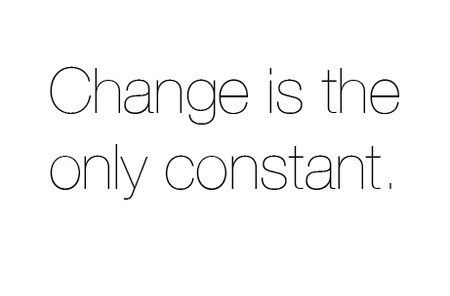
And some of them - probably not. But the first exceptionally important results of the revolutionary stage of Putin's political activity are already evident. And, unlike the long-forgotten statements of some other president of the Russian Federation, they are really "cast in granite."
Subscribe
Authors:
- Mikhail Rostovsky
NATO Vladimir Putin Dmitry Medvedev Dmitry Peskov Vladimir Pavlov Russia Crimea Ukraine USA Washington New York
What else to read
What to read:More materials
In the regions
-
The Pentagon faked a video of the drone crash near the Crimea
37407
CrimeaPHOTO: T.
